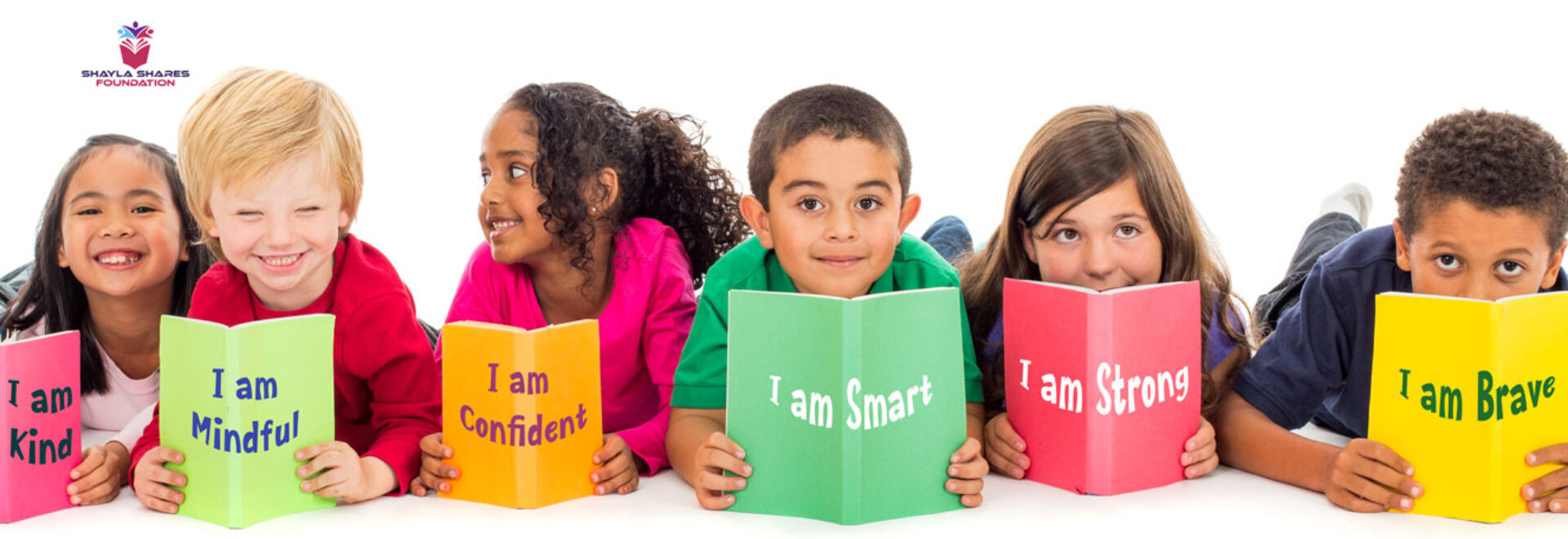
The Need
In order for children to gain the many benefits of reading, they must have access to books at home and engage in the valuable practice of “Storytime” with their families.
Distressing Statistics
Two-thirds of low-income American families do not own ANY books for their children. The implications of these statistics are heartbreaking. There are children growing up, right here in our cities, without access to a single book in their homes—this means no after school reading practice; no cozy storytime on the couch; no picture books to flip through; no favorites to read over and over again; and no bedtime stories. These children are missing out on so much more than the memories made from the pages of a book.
- According to the Department of Education, the more students read or are read to at home, the higher their reading scores.
- In many rural communities, the school library is the only place where children can access books.
- When children do not have access to books or have family members regularly read aloud to them, their reading scores dive far below the national average. By the time they are 3 years old, children from low-income families have been exposed to 30 million fewer words than their more affluent counterparts.
- By the time children from low-income families enter grade school, their proficiency in reading has already become an issue.
- 34 percent of children entering kindergarten lack the basic language skills needed to learn how to read.
- More than 80 percent of children from economically disadvantaged communities lose reading skills over the summer because they lack access to books and other learning resources.
- 47 percent of fourth graders from low-income families read below the basic level.
- If all students in low-income communities across the globe learned basic reading skills, 171 million people could be lifted out of poverty.
Reading Is Fundamental
Access to books can increase a child’s ‘readiness to learn’ and encourages healthy coping and inter-relational skills. Reading high quality literature during early developmental years strengthens a child’s academic success all across the board and significantly in literary achievements and language development. Something as simple as a child’s proximity to books, can enhance critical, lifelong skills necessary for success.
Did you know the number of books in a child’s home has a significant impact on their lifelong literacy and educational achievements? When children have a strong foundation of learning, including access to books, they are more likely to stay in school and graduate, even pursue higher education, all things that make for a successful transition into adulthood. Kids without access to books are at a severe disadvantage to those who have adequate home libraries.
Early exposure to books has an impact that extends beyond just hearing stories. When children are read to at home, they are able to perform better in all academic skills—counting to 20 or higher, writing their own names, recognizing all letters of the alphabet – improving their long-term prospects. Once equipped with the power of reading, children will have greater opportunities, become life-long learners, and realize their full potential.

More Than Just A Book
A single book may seem insignificant but put that book into the hands of a child who has no access to quality literature and you just might change the trajectory of their life. This ripple effect is massive. Owning a book and creating a love of reading will open doors and pave the way for future success making the impact of a single book nearly impossible to comprehend. With your help, we want to send copies of our esteemed books (and Literacy Care Packs) to children all over the world and get them excited about reading!
